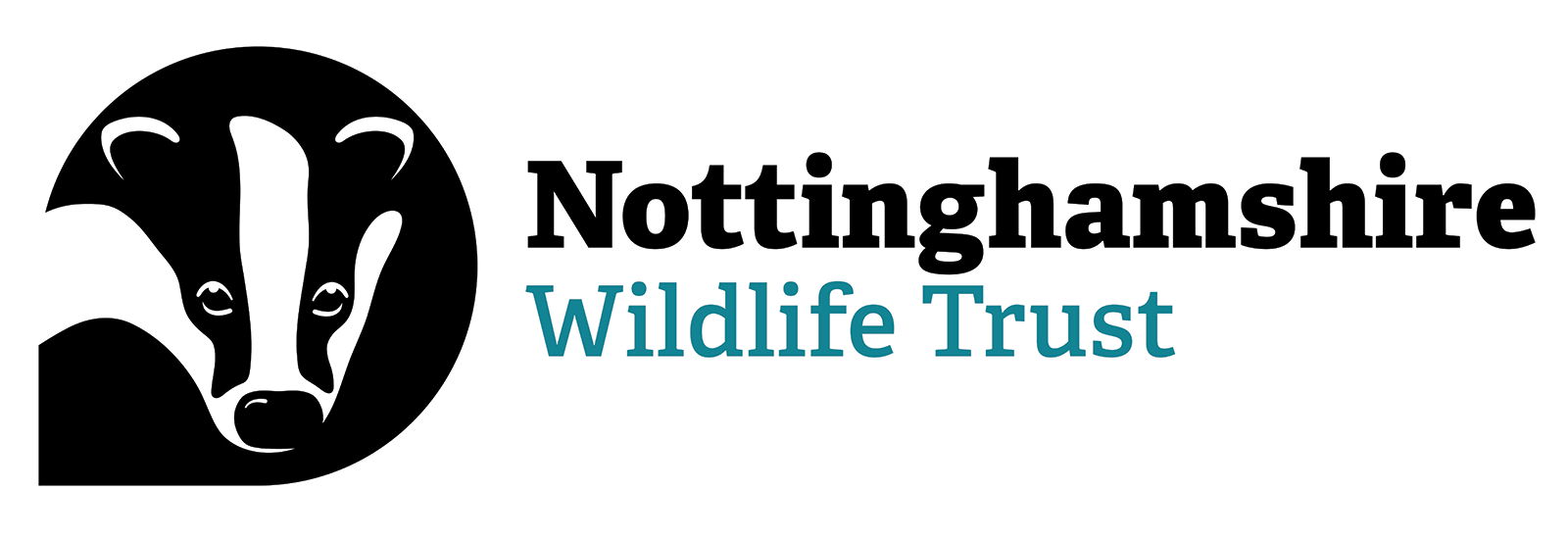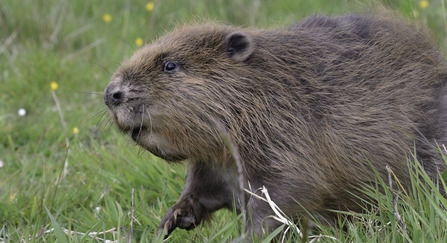The licence, issued by Natural England, means that the Trust is on course to bring beavers back to Notts this September.
Speaking about the milestone, the Trust’s Head of Nature Recovery (North) Janice Bradley said: “We’re delighted that our licence application has been approved, as this means we can continue with our preparations on site, including ongoing survey work to record the flora and fauna currently present in the new beaver zone and the construction of the fencing that is required to keep the beavers safe.”
2021 has been billed as a record year for beaver reintroductions in the UK, with the East Midlands leading the charge. Both Nottinghamshire and Derbyshire Wildlife Trusts are making final preparations to reintroduce beavers to their respective counties for the first time in over 400 years, thanks to funding from Severn Trent’s Great Big Nature Boost and public donations.

